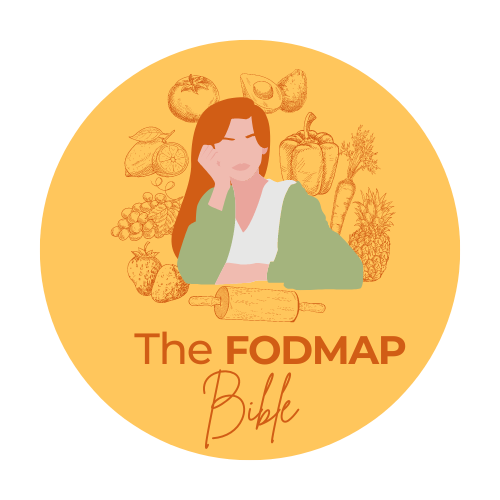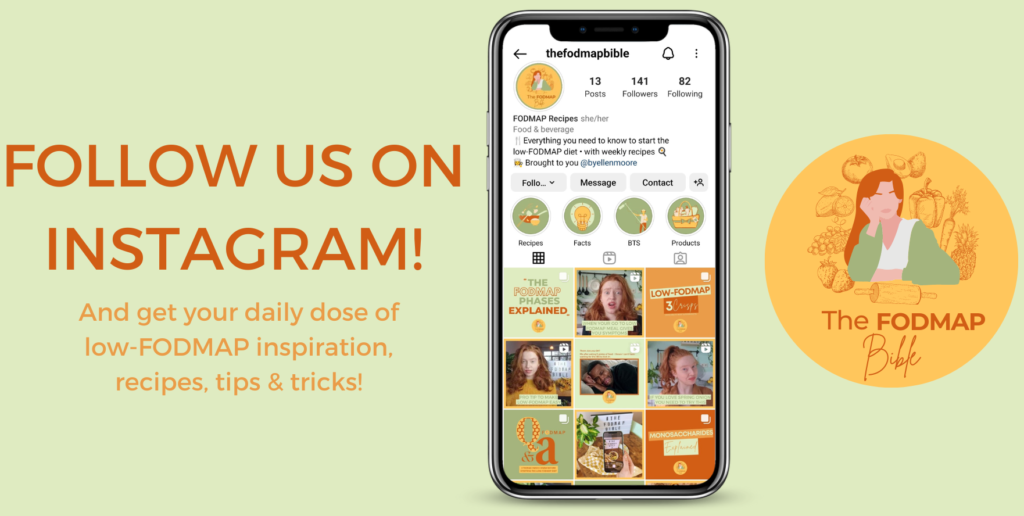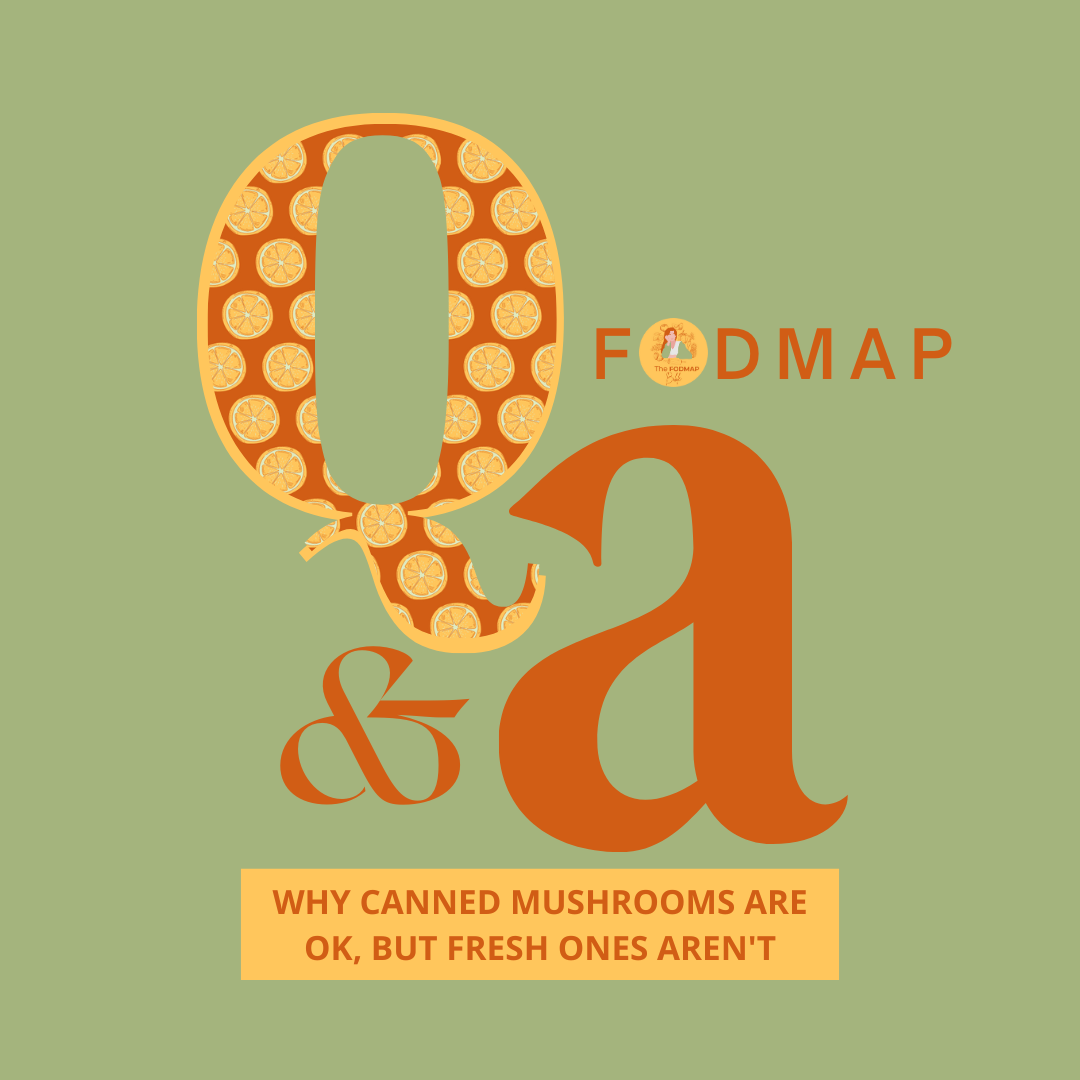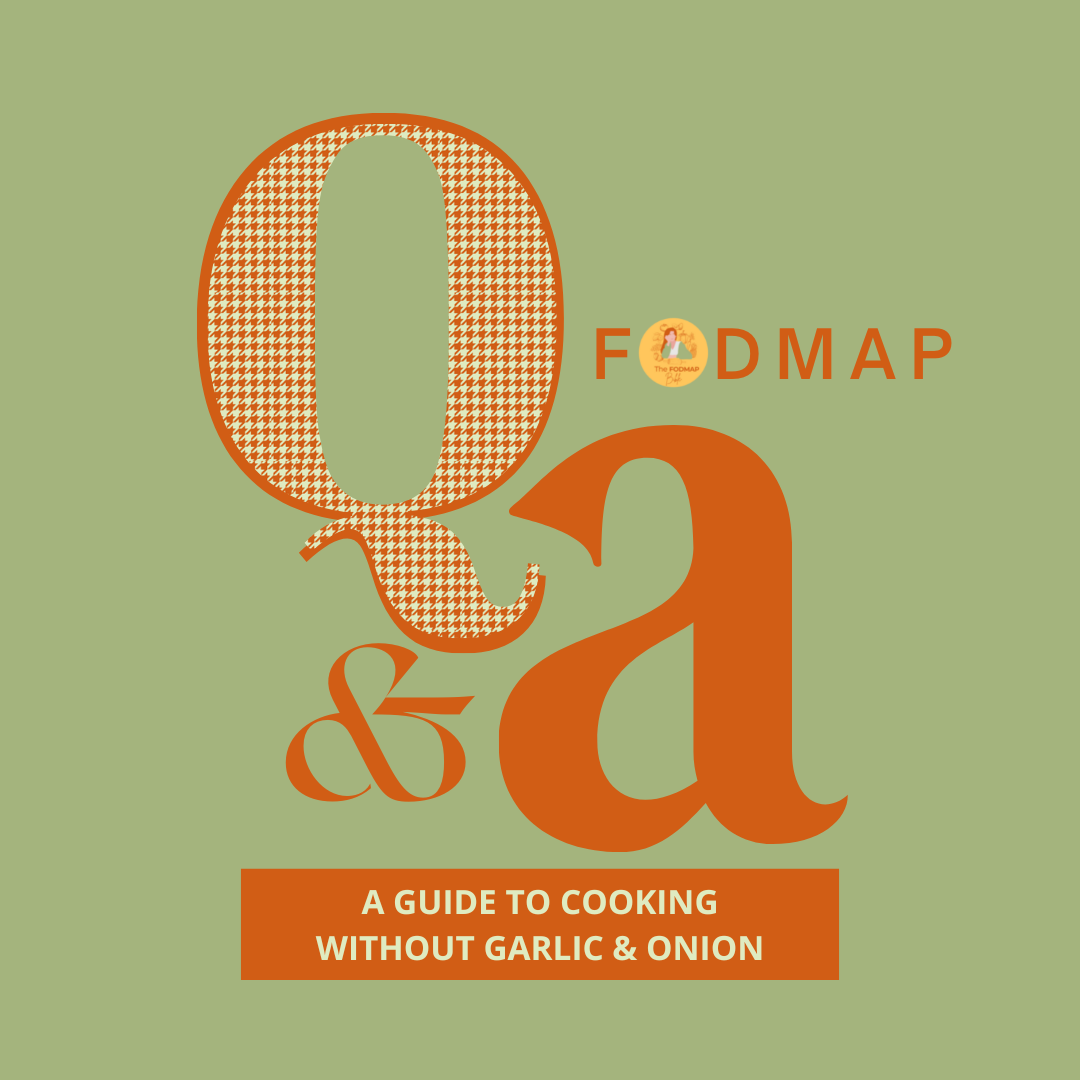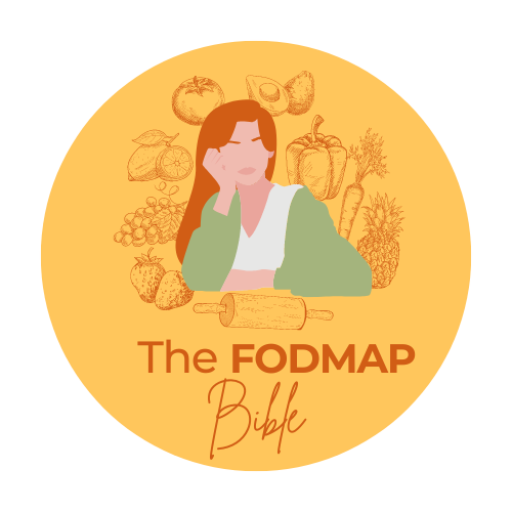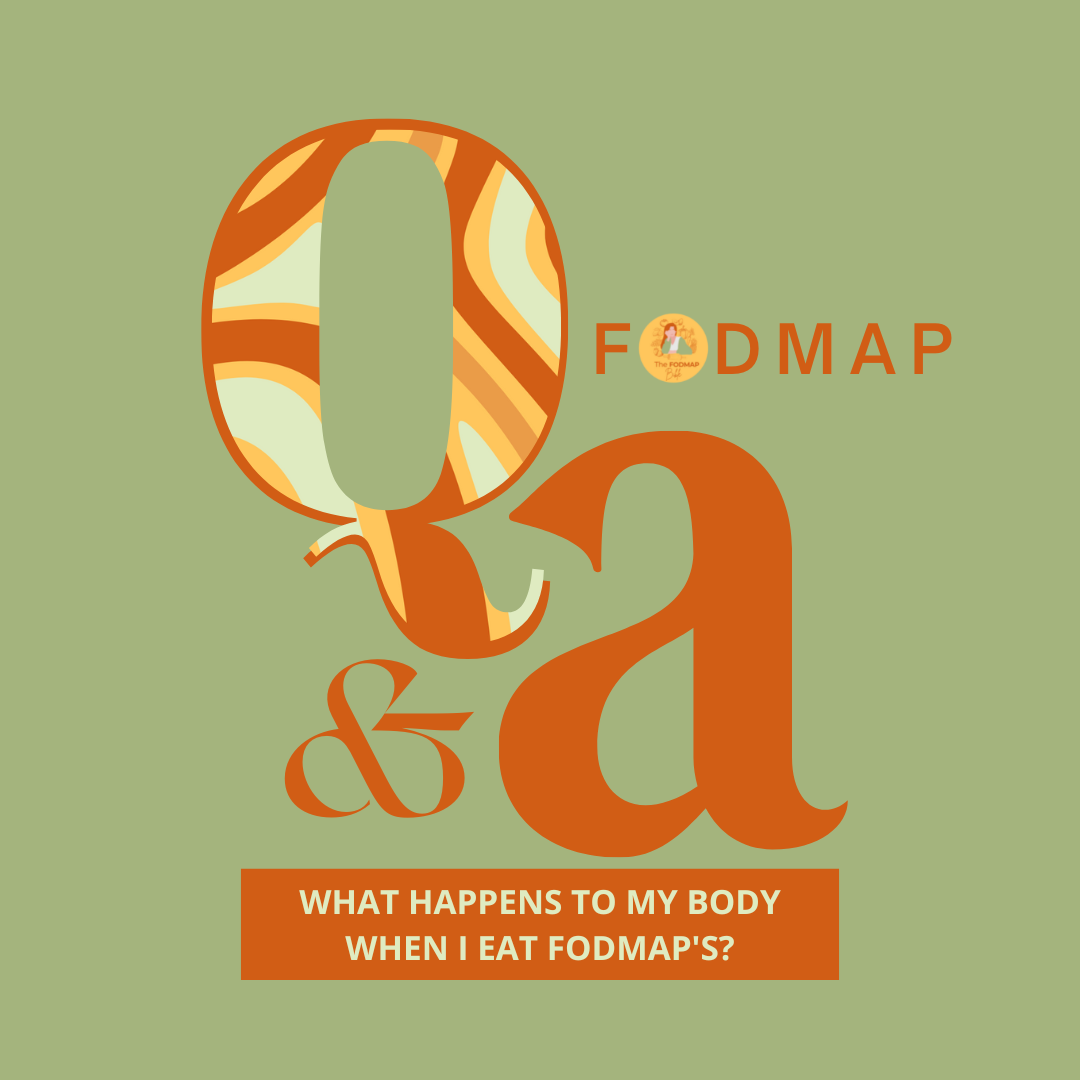
What Happens To My Body When I Eat FODMAP’s?
In order to give you a proper answer to this question, we need to go back to the very base of the matter. FODMAP stands for:
F ermentable
O ligosaccharides
D isaccharides
M onosaccharides
A nd
P olyols
These are the names of a variety of short-chain carbohydrates which are poorly absorbed and rapidly fermented by the gut bacteria, in the gastrointestinal system of people suffering from Irritable Bowel Syndrome (IBS) and / or Small Intestinal Bacterial Overgrowth (SIBO).
But the question remains, why do these short chain carbohydrates cause so many problems? Well, the first letter of the term FODMAP stands for fermentation and that’s where all hell breaks loose.
Fermentation
‘Bacteria in our colon extract energy by fermenting carbohydrates, but the fermentation process also yields gasses. In the case of glucose the fermentation process leads to hydrogen, carbon dioxide and methane. In addition to accumulating gasses, polyols, monosaccharides, disaccharides and small undigested remnants of oligosaccharides cause what is called an osmotic effect.’*
Osmosis explained
Osmosis refers to the movement of water molecules from a solution with many water molecules, to a solution with little water molecules.
In the digestive system, osmosis occurs as the result of compounds like (1) salt, (2) poorly digested or (3) completely undigested remnants of FODMAP’s.
These three compounds all attract water like a magnet, resulting in a more watery stool than it would have been without the occurrence of osmosis.
This osmotic reaction leads to bloating, gas, diarrhea and pain. Thus osmosis – also known as an osmotic reaction – is an important process to understand, to gain a better understanding of where your symptoms come from. That being said, osmosis is quite shit – literally and figuratively – to experience.
Want to know more about all things low-FODMAP? Follow us on Instagram & TikTok @theFODMAPbible – for recipes, inspiration, explanations and loads of advice on how to make your life on the low-FODMAP diet as enjoyable as it would have been without. Trust me: you won’t regret it, pinky promise!
We hope to see you on our socials 🙂
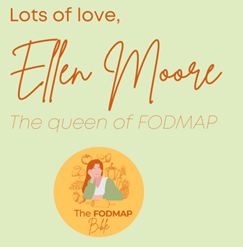
Please note that we are NOT doctors & we do NOT provide any medical advice
If you’re struggling with symptoms – that could potentially be a gastrointestinal disorder like Irritable Bowel Syndrome (IBS), Inflammatory Bowel Disease (IBD) or Small Intestinal Bacterial Overgrowth (SIBO) – we strongly suggest for you to seek medical help and recommend you to reach out to a healthcare professional, who can offer you the right guidance.
We want to emphasize that the low-FODMAP diet is a medically induced diet, that should be started only when a doctor diagnosed you with a gastrointestinal disorder and should always be done under strict supervision of a specialized dietician or other healthcare professional.
Nonetheless, we maintain strict policies when it comes to the prevention of spreading fake news. Our posts are written by research journalist @byellenmoore and are based upon both scientific research and her own personal experiences with being on the low-FODMAP diet, as a patient suffering from Irritable Bowel Syndrome (IBS). We share what we know, to give you a better understanding of that from which you suffer, in order to make your journey – going low-FODMAP – a little bit easier!
Sources
*Warmflash, David. 2015. “Fermentable Foods: Trouble in Your Diet.” American Chemical Society. March 2015. https://www.acs.org/content/acs/en/education/resources/highschool/chemmatters/past-issues/archive-2014-2015/fodmap-intolerance.html.
